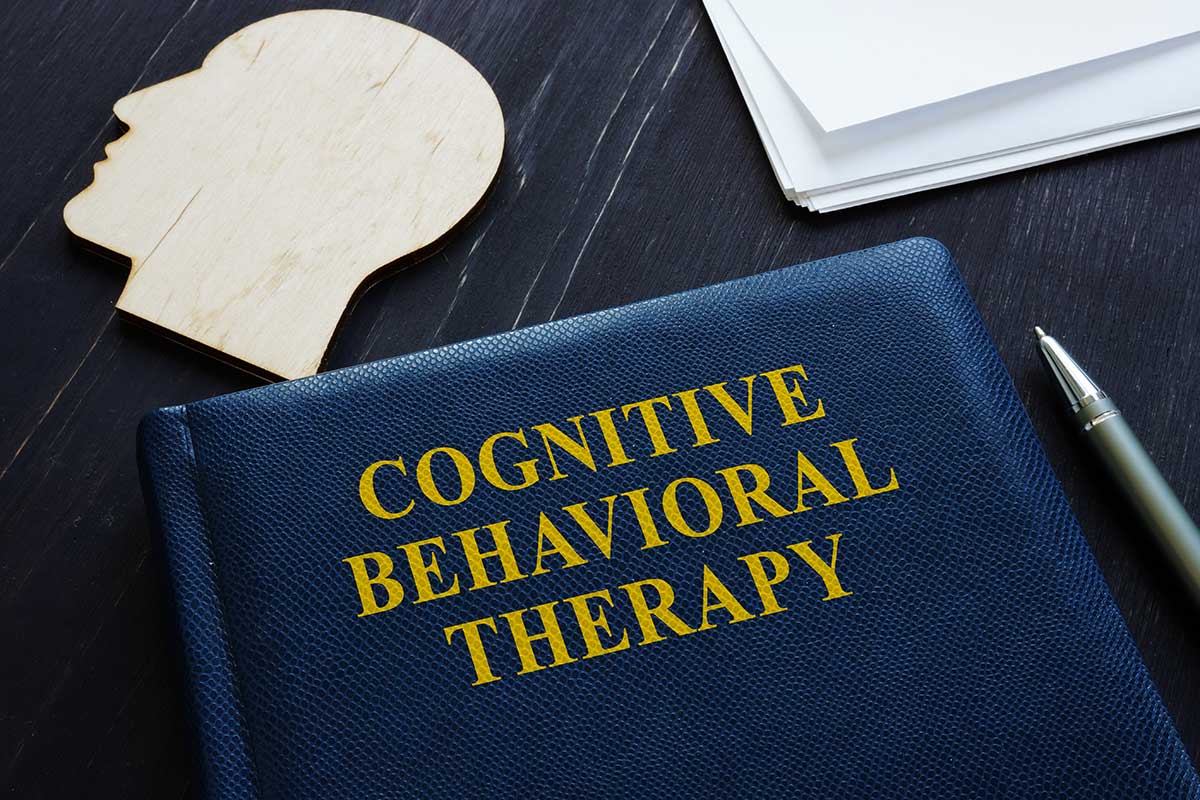Specific treatments for addiction include a variety of psychotherapies. Most addiction recovery centers will offer a cognitive-behavioral therapy program to help clients to develop healthier habits. Also known as CBT for addiction, this type of therapy can be highly effective for some to gain the changes in thinking and coping skills needed to attain lasting recovery.
What Is CBT?
CBT for addiction is a psychological therapy method that focuses on thoughts and behaviors. It can help people dealing with substance abuse to overcome their problems. However, it also can aid clients who have other concerns, such as the following:
- Depression
- Anxiety
- Trauma
- Emotional regulation
- Communication difficulties
- Other mental health conditions
CBT for addiction uses techniques that encourage clients to think about their reactions to situations. By learning more about how their thoughts relate to actions, clients can begin to make changes toward living a healthier life. When it comes to using CBT with addiction recovery treatment programs, the changes include quitting substance abuse.
What Are CBT Techniques for Addiction?
CBT techniques for addiction come from the core beliefs of this form of therapy. These principles include how behaviors and thoughts are related to psychological problems.
First, thoughts can lead to mental health issues such as depression and addiction. When clients undergo CBT for addiction, they learn to recognize that some thoughts are not helpful to living a mentally healthy life. By finding ways to notice and changes these thoughts, clients learn to adapt to sober living.
Second, clients using CBT techniques for addiction must recognize that behaviors can also contribute to unhealthy mental conditions. For example, using substances is an unhealthy way of coping with uncomfortable emotions, thoughts, and situations. When clients learn how to change their behavior to be healthier, they can make major lifestyle changes.
Lastly, clients going through CBT for addiction must learn that adopting healthy coping methods can help them break out of addiction cycles triggered by negative thoughts or unhealthy behaviors. By going through therapy based on these principles, clients learn to cope with uncomfortable thoughts and emotions that once led to substance use.
While using CBT for addiction can help, it may not be the only type of therapy used to ensure success. Other addiction treatment therapies can also improve recovery outcomes.
Other Addiction Treatment Therapies
CBT for addiction works well for many people. However, because every individual has distinctive psychological needs, other therapies may help them find a breakthrough in their recovery efforts. For example, dialectical behavior therapy (DBT) has some overlapping techniques with CBT. However, DBT provides a way for clients to learn to accept distressing emotions. Some clients respond better using this form of psychotherapy than to cognitive-behavioral therapy.
Other types of addiction treatment that may help clients in a recovery program may include group therapy and individual therapy. When undergoing substance use treatment, clients may partake in many of these programs to find the one that will work best for their situation, experiences, and psychological needs.
Individuals who also have mental health concerns that happen alongside addiction may need dual diagnosis treatment programs to provide therapy that helps with both problems. For example, clients who have PTSD and addiction may require dual diagnosis programs. These programs offer therapies to help with the recovery of both issues at the same time.
Connect with Sierra Sage Recovery Services to Access CBT for Addiction and Other Therapies
Effective treatment for overcoming substance abuse should include psychotherapy. CBT for addiction can help stop the constant cycle of thoughts and cravings leading to taking drugs or alcohol. For more information about CBT techniques for addiction used by our team, connect with us online or phone us at 833.922.2884. At Sierra Sage Recovery Services, we strive to help each of our clients by providing effective addiction treatment therapies at various levels of care.







